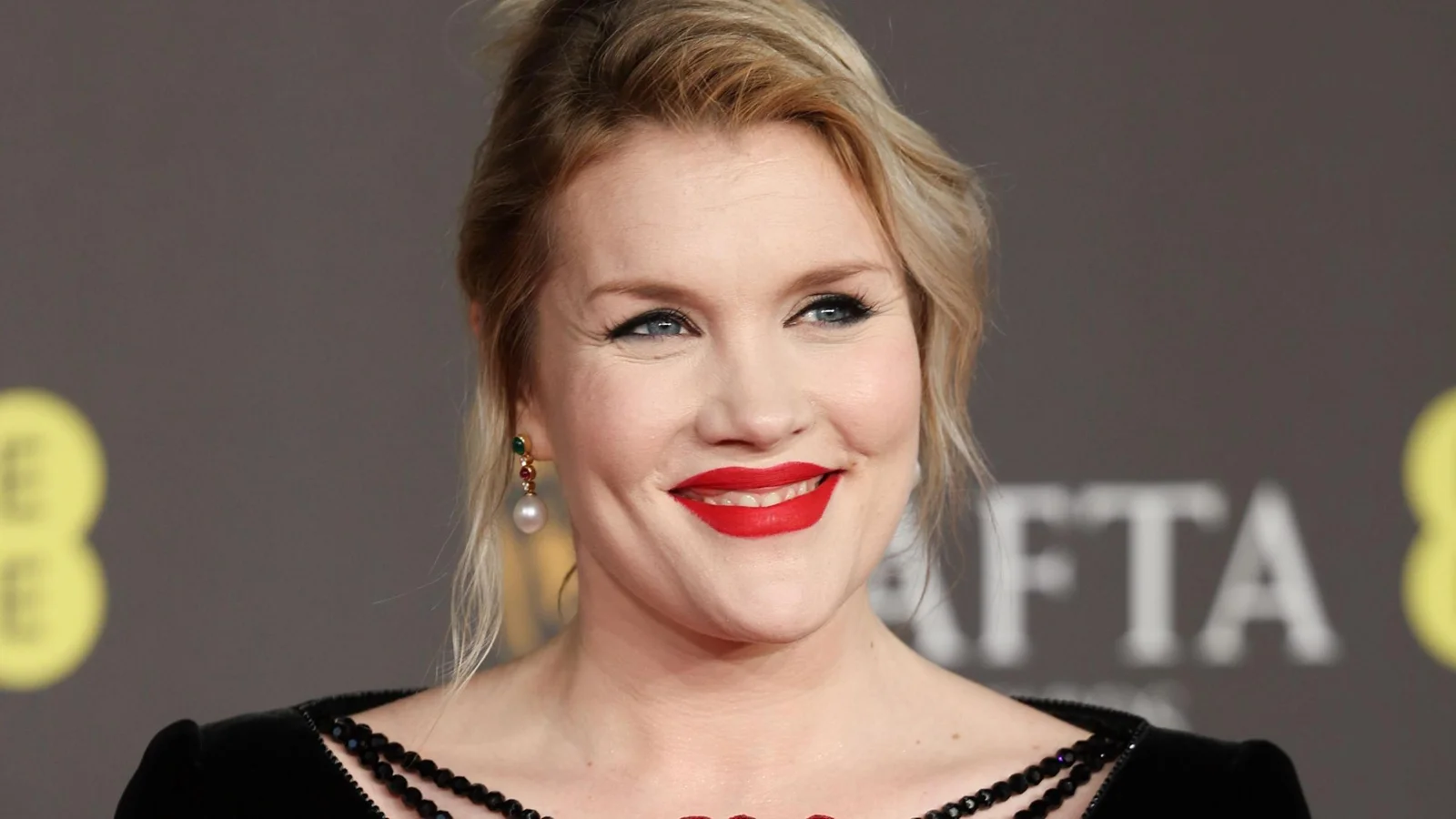Emerald Fennell’s upcoming film adaptation of Emily Brontë’s Wuthering Heights, scheduled for release in February 2026, has quickly become one of the most divisive projects of the year. The film, which stars Jacob Elordi as Heathcliff, has ignited controversy over its casting choices and its modernized approach to the classic story, raising questions about representation and fidelity to the original novel.
Early Reactions to Fennell’s Take on Wuthering Heights
Following her acclaimed film Saltburn, Emerald Fennell’s new project has drawn intense attention despite limited previews, including a handful of set photos, a romantic-style poster, and a Charli XCX-backed trailer. The media and audiences alike have debated the film’s contemporary tone, its sexualized visuals, and notably, its updated costume design that diverges from traditional period interpretations.
A significant portion of the discussion focuses on the casting of Jacob Elordi as Heathcliff, a role that has historically sparked debate. As the central anti-hero whose complex relationship with Cathy shapes the narrative, Heathcliff’s portrayal carries heavy cultural weight. Fennell defended Elordi’s casting by noting,
“he looked exactly like the illustration of Heathcliff on the first book that I read,”
and praised his acting talent, adding,
“it seemed to me he had the thing… he’s a very surprising actor.”
This defense, however, has intensified the ongoing controversy surrounding Heathcliff’s depiction in film.
Jacob Elordi’s Portrayal Aligns with Past Versions but Diverges from Brontë’s Description
Jacob Elordi’s appearance continues a tradition of casting Heathcliff as a dark-haired, attractive white man, a portrayal seen in past adaptations featuring actors like Laurence Olivier, Timothy Dalton, Ralph Fiennes, and Tom Hardy. These versions have solidified Heathcliff’s image as a brooding romantic lead within popular culture.

In contrast, Emily Brontë’s original text describes Heathcliff quite differently; he is introduced as “a dark-skinned gypsy” and is noted by Mr. Earnshaw upon arrival to be
“as dark almost as if it came from the devil.”
This vague but intentional description suggests Heathcliff’s origins lie outside the standard English homogeneity, implying a racial and cultural difference that shapes his treatment by others and his own character development.
Brontë’s ambiguity surrounding Heathcliff’s background has led to various interpretations about his ethnicity—possibly stemming from another country or an interracial relationship. The novel’s portrayal of Heathcliff’s outsider status and resulting resentment is central to the narrative, yet these deeper racial elements are often overlooked in mainstream retellings.
Fennell’s comment about Elordi resembling an illustration from a book encapsulates how the character has been narrowed to a visually specific mold, largely ignoring the novel’s original racial undertones. While this makes Elordi an appropriate choice for Fennell’s vision, it raises the question of whether the adaptation misses an important aspect of Heathcliff’s identity.
Missed Opportunity to Represent Heathcliff’s Racial Identity on Screen
Emerald Fennell’s adaptation brings a fresh directorial voice to Wuthering Heights, and as such, she has creative license to reinterpret the material. However, many feel the film overlooks a significant chance to portray Heathcliff authentically as a man of color, which would acknowledge and amplify one of the novel’s core themes about social exclusion and prejudice.
A 2011 adaptation of the story cast James Howson, an actor of color, as Heathcliff opposite Kaya Scodelario’s Cathy, marking a rare example of the character’s racial depiction aligning more closely with Brontë’s description. Despite its bold choice, that film earned just $1.7 million worldwide and did not significantly influence popular perceptions of the novel.
In comparison, Fennell’s Wuthering Heights is backed by a major studio with higher-profile stars including Margot Robbie, and it benefits from an expansive promotional campaign, making its cultural impact likely much greater. The decision to recast Heathcliff yet again as a white actor, therefore, carries considerable weight.
Because Fennell is herself white and has expressed intentions to modernize and update the story, critics argue she may not be the ideal filmmaker to explore Heathcliff’s racial complexity. By following in the footsteps of previous adaptations, her film risks sidelining the novel’s racial issues in favor of focusing predominantly on the romantic and sexual tension between Cathy and Heathcliff.
Modernization versus Faithfulness in Fennell’s Adaptation
While little footage has been released, the available trailer emphasizes the intense, often erotic relationship between Cathy, played by Margot Robbie, and Heathcliff, played by Jacob Elordi. Quick cuts of charged imagery have led to critiques suggesting the adaptation prioritizes superficial romance over the novel’s deeper, darker themes.
The way Heathcliff is represented in the trailer and cast list contributes to the sense that this version will not fully engage with the historic racial subtexts of the source material. Speculation exists that the quotation marks around the film’s title in marketing materials might indicate a more fictionalized or metafictional approach, leaving room for surprises in interpretation.
Still, for many fans and critics alike, the exclusion of Heathcliff’s racial identity from the conversation feels like a missed opportunity to challenge long-standing stereotypes and enrich this classic tale for contemporary audiences.
Principal Cast of Emerald Fennell’s Wuthering Heights
The film features a prominent lineup of actors, including Margot Robbie as Catherine Earnshaw, Jacob Elordi as Heathcliff, Hong Chau in the role of Nelly Dean, and Alison Oliver portraying Isabella Linton. This ensemble underlines the film’s substantial backing and raises expectations for its creative direction and performances.
As viewers await the February 2026 release, the ongoing debates regarding casting and adaptation choices highlight the enduring complexity and relevance of Brontë’s novel. Emerald Fennell’s Wuthering Heights stands poised to provoke further discussion on race, romance, and reinterpretation within literary adaptations.
